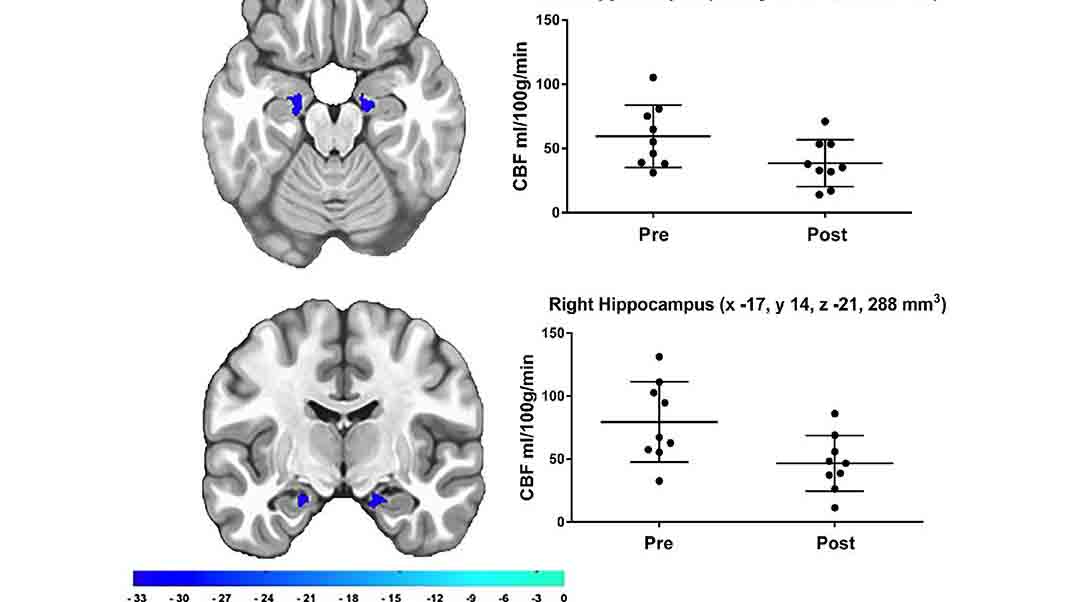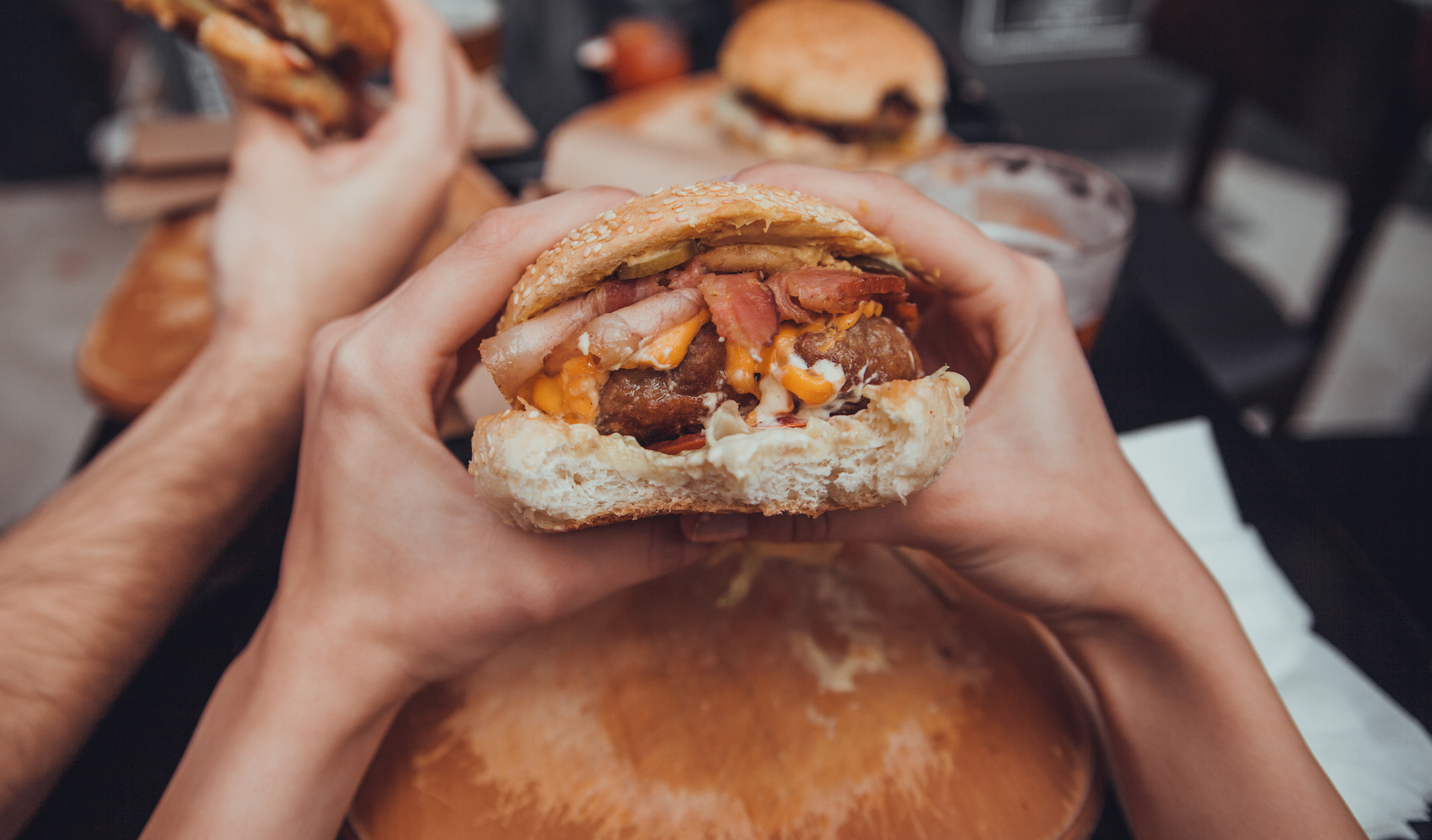Health
All Stories
131,000 people in the United States wait for an organ donation every single day. 10% of them will get one – unless we allow organ donations from drug deaths.
One controversial study claims to have found the edge of the human lifespan.
Danger is at hand, and you may have voted for it. Science educator Bill Nye weaves a passionate argument for the importance of science literacy in a country’s elected leaders.
▸
7 min
—
with
We never forget a face, but that’s because humans are evolutionary predisposed.
A new study shows that cerebral blood flow within the left and right hippocampus significantly decreases after just 10 days of without exercise.
The study published in the American Journal of Clinical Nutrition seems to indicate that eating regular-fat cheese has no effect on our bad cholesterol (LDL), but does have a positive effect on our good cholesterol (HDL).
A study, published in the Journal of the American Medical Association (JAMA), found that fitness trackers don’t help you lose weight. Instead, they may impede your efforts.
Most of us have heard of the double helix. But quadruple helix DNA?
60% of pain patients find that tolerance buildup significantly impedes their treatment over time.
This discovery could lead to a whole new class of drugs for psychiatric disorders.
Which came first, monogamy or the social contract? Evolutionary psychologists and biologists think the latter.
An expansive new study shows that marijuana use by Americans has increased significantly since 2002.
The way to a healthy mind is through the stomach, according to psychiatrist Drew Ramsey. The right foods can decrease your risk of depression by 50%, and treat clinical mental disorders.
▸
4 min
—
with
Seattle has a new plan to reduce HIV, drug overdoses, and stray needles: it wants to let addicts shoot heroin and smoke crack legally in monitored spaces.
1% of all Google searches are health queries. Cyberpsychologist Mary Aiken explains how artificial intelligence diagnostics lead to psychosomatic symptoms, and potentially explain the fourfold increase in iatrogenic death in the US since 1999.
▸
6 min
—
with
Who are you? Good question. Harvard professor Michael Puett explores the idea of the “self”, and how what you believe to be your true nature may actually just be patterns you’ve fallen into.
▸
4 min
—
with
Researchers announce a potential breakthrough in using nanotechnology to fight cancer.
Researchers create tiny implants that promise new medical treatments via breakthrough brain-machine interaction.
Researchers find an unlikely source for the next superfood.
Researchers find that a compound within marijuana may potentially protect from the onset of Alzheimer’s disease.
A new study raises troubling questions about the use of commonly prescribed opioid painkillers.
A fascinating international study takes a look at what the average person does in a lifetime, broken down by days and percentages.
A first study of its kind finds that psilocybin-containing “magic” mushrooms can be effective in treating depression.
Brief bursts of intense exercise give the same health benefits as a long moderate workout.
“Rage Yoga” is a new yoga movement that includes drinking beer, yelling out obscenities and a heavy metal soundtrack.
Neil deGrasse Tyson and others consider whether alien diseases have the potential to wipe out humanity and maybe already have in the past.
Bad days, break-ups, or stress-filled meetings may have you craving some comfort food to ease your anxiety. But don’t reach for that chocolate bar just yet.
My grandfather used to keep all sorts of things in the trunk of his car: Fishing gear, duct tape, aluminum foil, a large chain, a defused WWII hand grenade. When we asked why he squirreled away such a random assortment of items, he would shrug and say, “Just in case.”
That, in a nutshell, is why we should never destroy the smallpox virus. Just in case we need it someday.
Most Americans don’t think twice about workplace safety. Perhaps they should. In newly updated numbers for 2012, the Bureau of Labor Statistics reports that 4,628 Americans met their demise while on the job.
Editor’s Note: This article was provided by our partner, RealClearScience. The original is here. Ebola is one of the scariest viruses on Earth. Along with Marburg and a few other […]





























